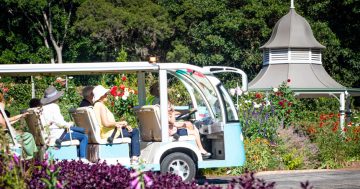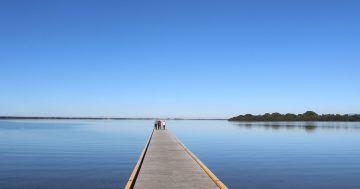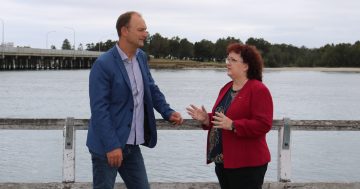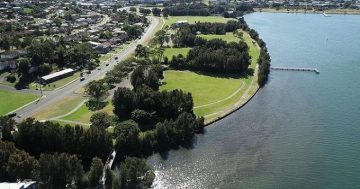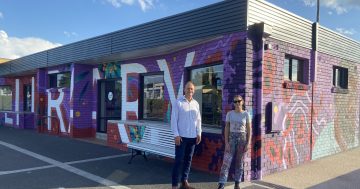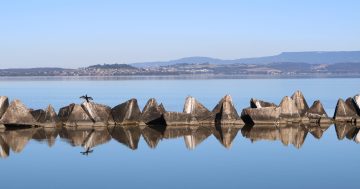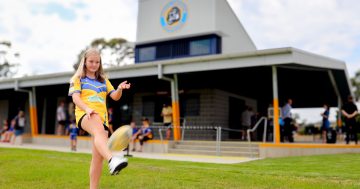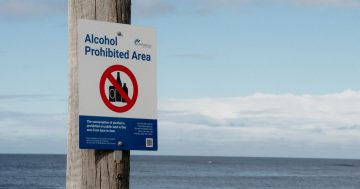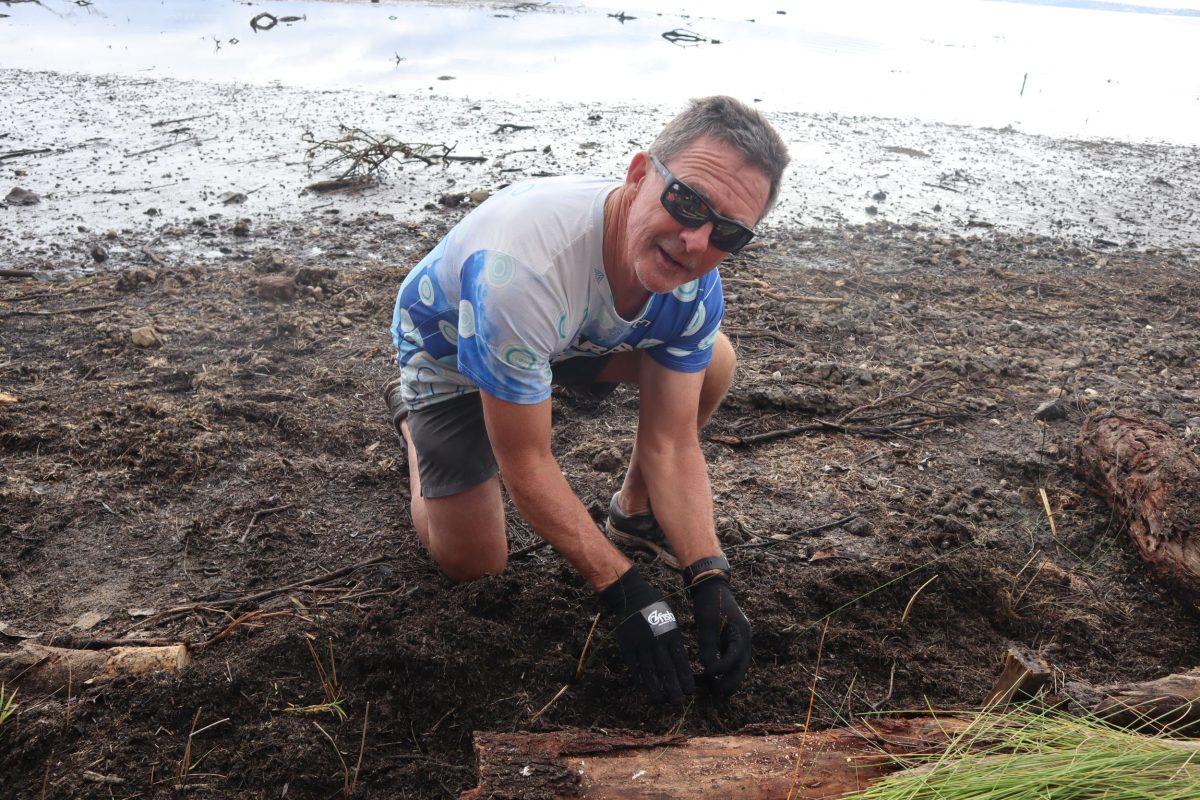
Oak Flats resident Glenn Southwell is dedicated to improving Lake Illawarra for future generations. Photo: Eileen Mulligan.
Glenn Southwell’s kids call him the “keeper of the lake”.
Glenn takes a bag to pick up litter when he walks along the foreshore of Lake Illawarra or wets a line and, as a former teacher, he has shown many students the effects of pollution in the lake from fast-food packaging.
Earlier this month (15 August), Glenn joined a band of enthusiasts to help restore a section of degraded salt marsh at Karoo Bay, Oak Flats.
Twenty-five people mulched and planted salt-tolerant native species along the foreshore. The goal is to rejuvenate the ecosystem, improve fishing and grow a sense of community.
“The lake is a very important section of our immediate environment. It is such a lovely resource that we should be doing everything we can to protect it,” said Glenn, who is retired from his position as Albion Park Rail Primary School deputy principal.
Shellharbour City Council has provided 1800 plants collected from seeds and cuttings during the past year from around the lake. They include samphire, seablite, twig rush, knobby club-rush and juncus.
Council staff have examined council reports from up to 40 years ago, to see what plants were growing in order to restore the salt marsh as accurately as possible and will provide ongoing maintenance of the plants.
Shellharbour Mayor Chris Homer, noting community concern about ecological sustainability in Lake Illawarra, expressed enthusiasm for the project.
“The salt marsh restoration at Karoo Bay marks a significant step towards preserving our natural heritage and ensuring a sustainable future,” he said.
The project forms part of the broader Lake Illawarra Coastal management Plan.
The council has partnered with OzFish, a not-for-profit organisation dedicated to protecting fish habitats.
OzFish Sydney region senior project officer Lucas Kas said salt marshes were essential for the health of our waterways.
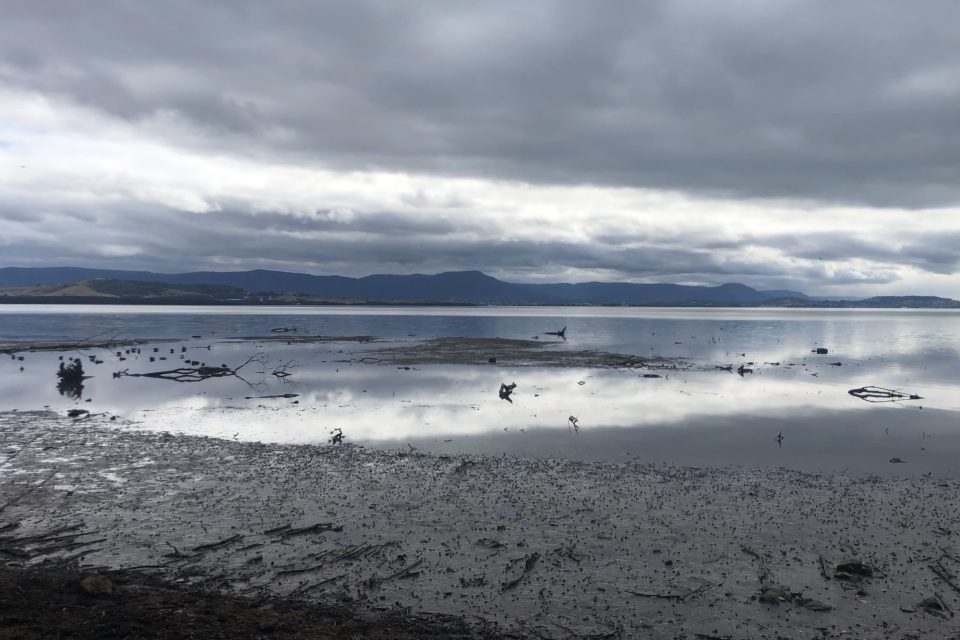
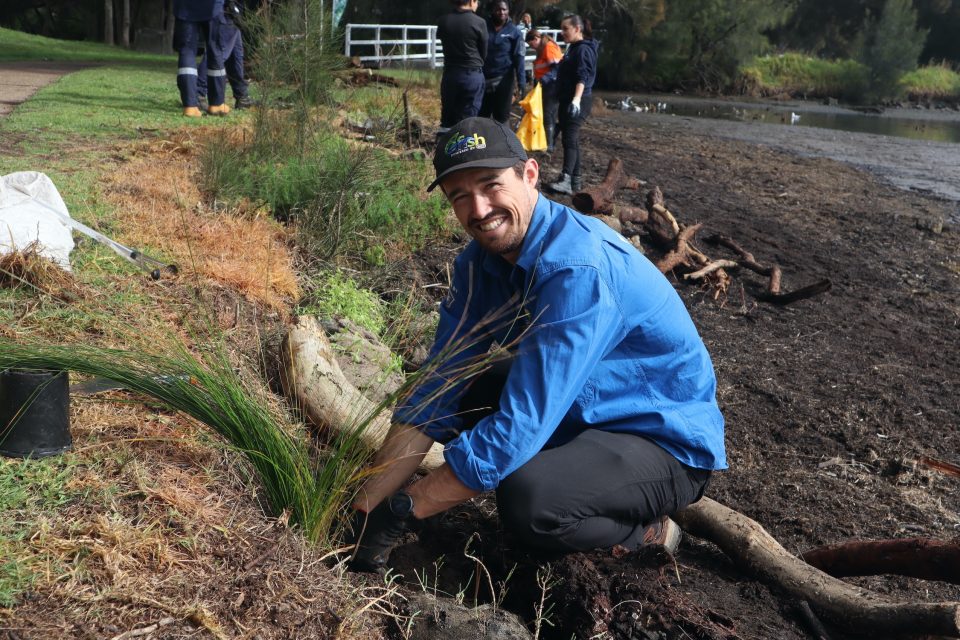
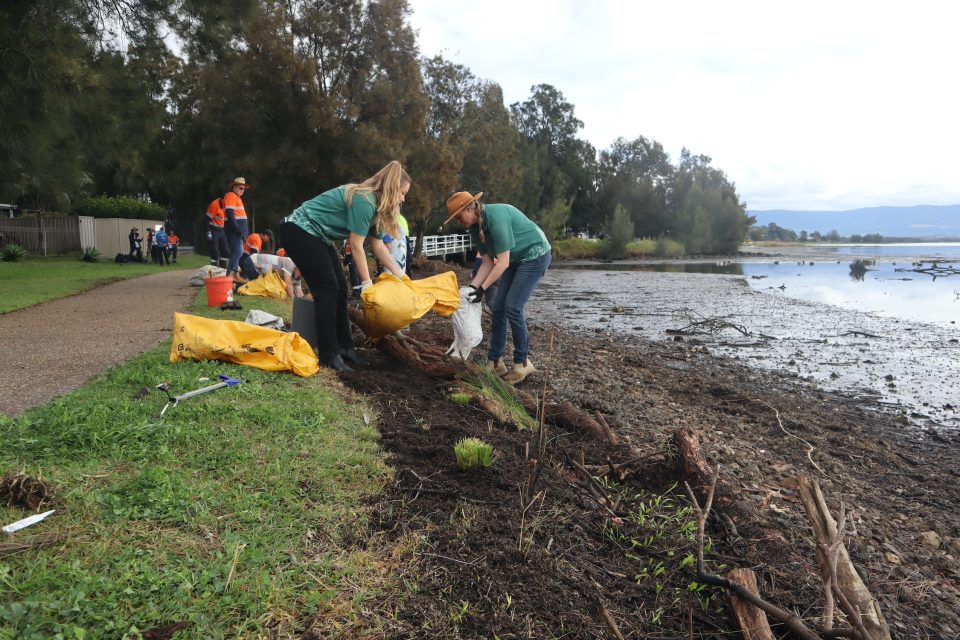
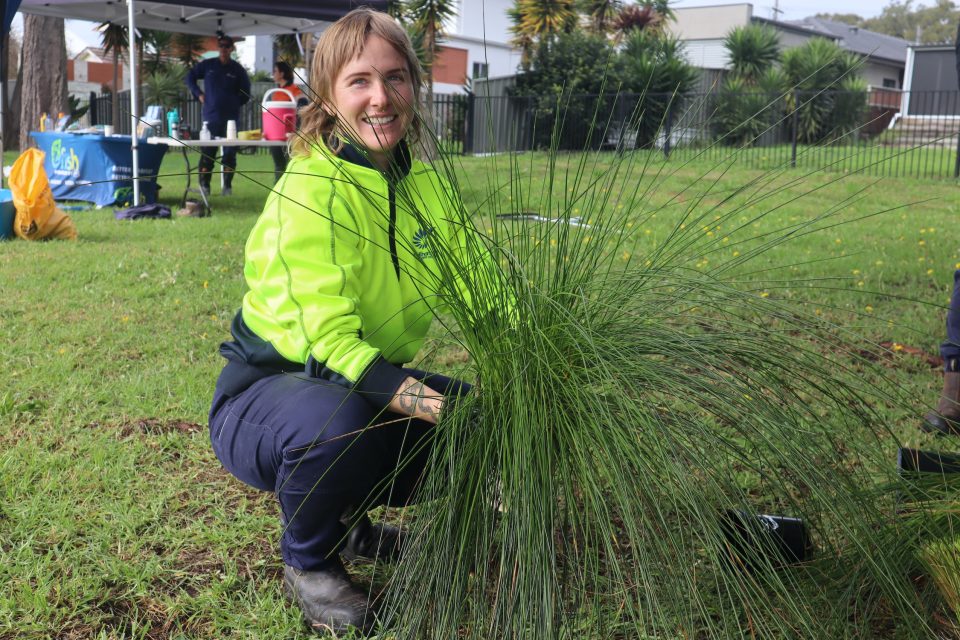
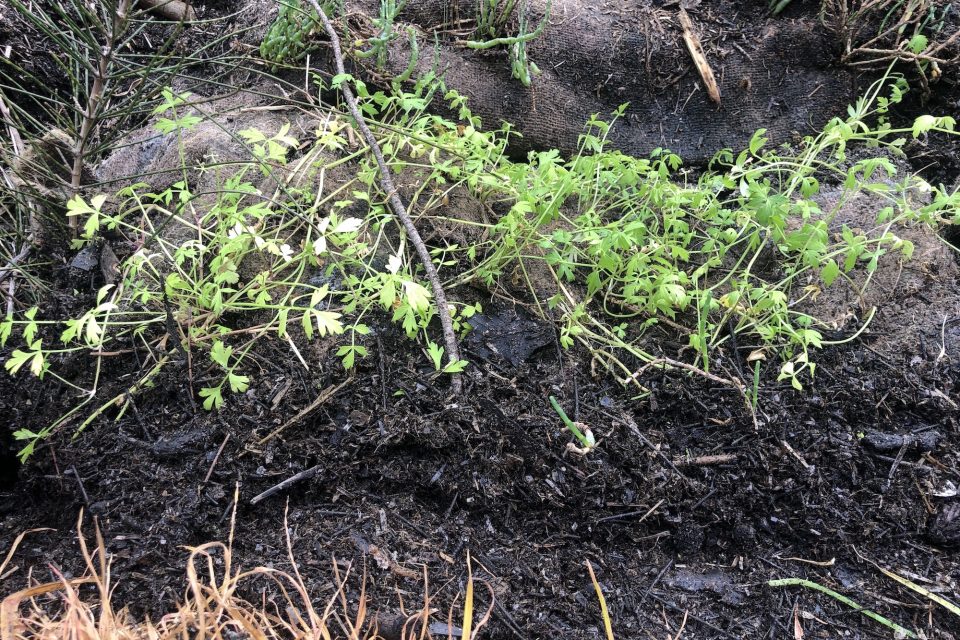
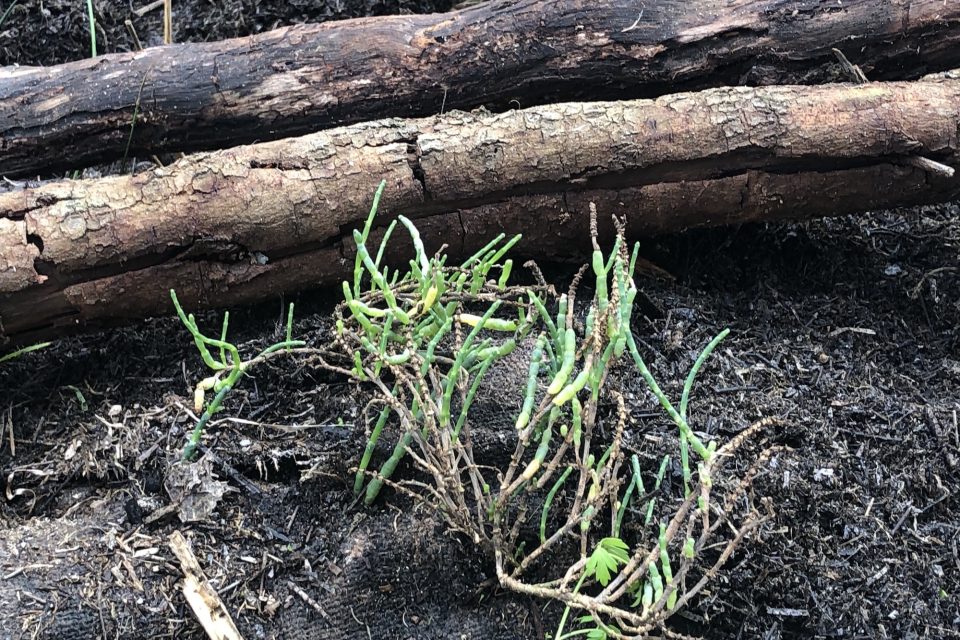
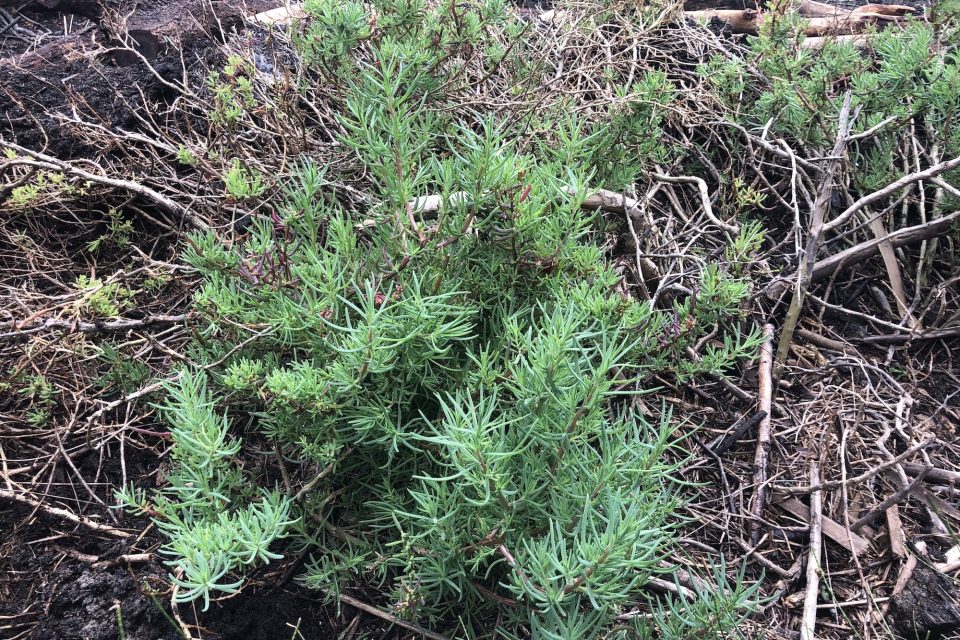
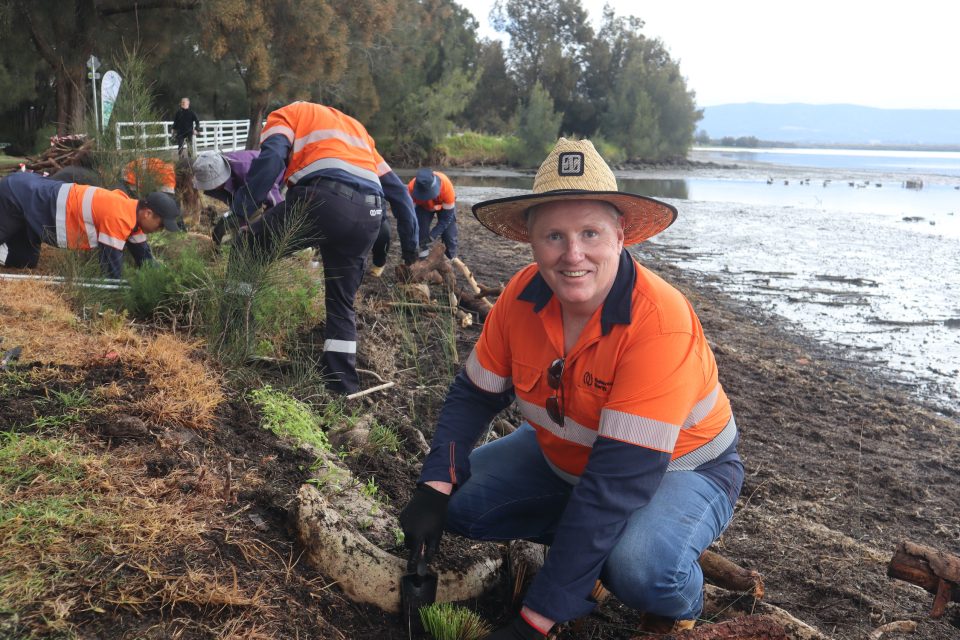
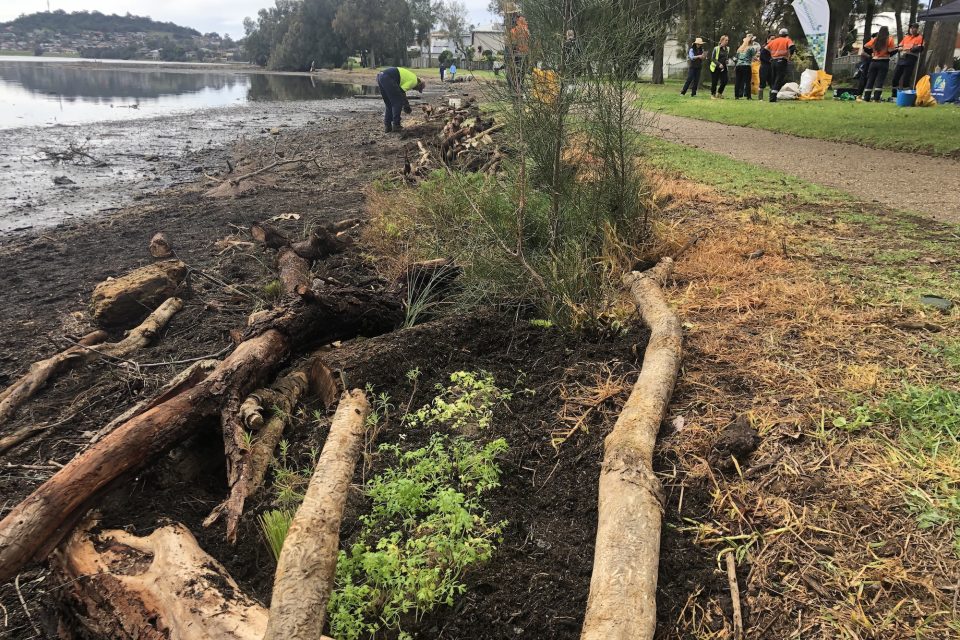
Salt marshes are low-lying areas of land in estuaries which sometimes get covered by salt water during big tides. They stabilise the foreshore, reduce erosion and provide a physical barrier to reduce the amount of rubbish and silt washing into the water.
“Salt marshes play a large role in contributing to the aquatic food webs,” Lucas said.
“While the fish don’t feed on the salt marsh directly, a lot of the food they eat is contributed by these salt marsh environments. But we’ve lost about 60 per cent of them across Australia so that’s a massive amount of potential productivity that is being lost.
“But they are often in areas that we also like. These low-lying areas have often undergone land reclamation to turn them into public parklands and foreshore walks.
“A great deal of these areas have been lost due to the use of tidal barriers, and drains to turn salt marsh into grazing and agricultural land.
“If we turn the tide and start to restore these areas it can have huge benefits going back to productive fisheries.
“In recent studies done by the University of Newcastle, they found salt marshes can contribute as high as 90 per cent of the diet of blue swimmer crabs and various prawn species. In terms of our important recreational fishing species, this can be as high as 42 per cent for whiting and 53 per cent for luderick, also known as blackfish.
“The project, funded by Endeavour Energy Community Grants Program, is part of OzFish’s Driving Fish Habitat Action partnership with Landcare NSW and is supported by BCF – Boating, Camping, Fishing,” Lucas said.
Peter Payne from Endeavour Energy enjoyed mucking in to help.
“It’s just wonderful to be here today with the Oak Flats community helping to improve the environment, particularly the salt marsh environment around Lake Illawarra which is incredibly important for the health of the local waterways as well as for local birds and fish life,” Peter said.
“We have funded this program as part of our community grants program which basically means we provide seed funding to projects which are very important to local community.”
Glenn Southwell is one community member who is dedicated to improving the lake. Now he has retired, he shows the beauty of the lake to his two grandchildren.
“How do we expect it, the lake, to continue to be a haven for future generations if we don’t halt the abuse?”
The next planting days will be held on Tuesday 27 August and Thursday 5 September. Lunch is provided and registration is essential. Click here to volunteer.








